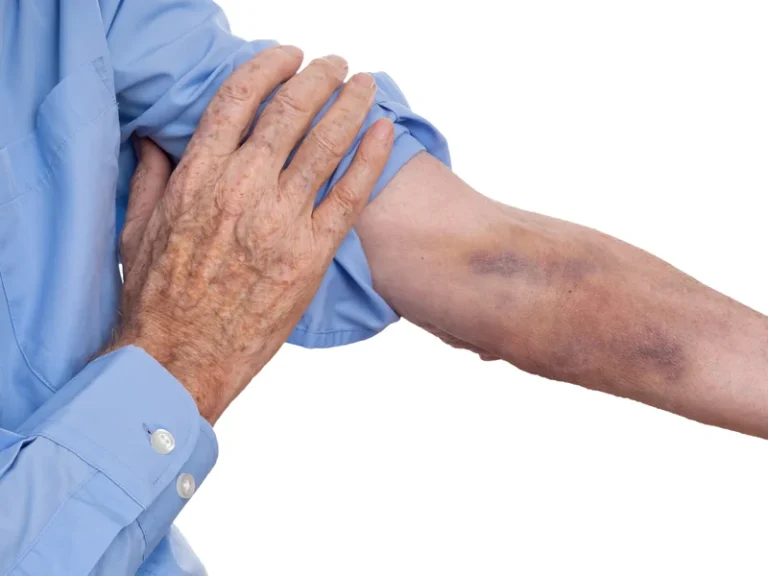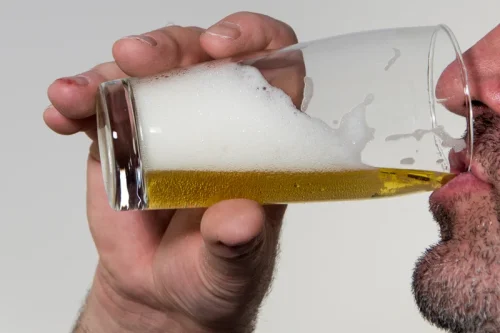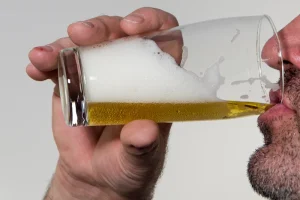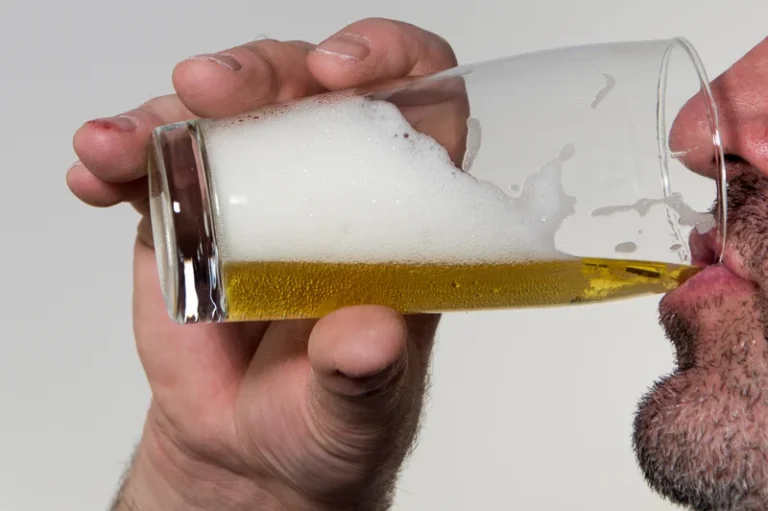
In addition to nicotine, cigarette smoke is primarily composed of a dozen gases (mainly carbon monoxide) and tar. The tar in a cigarette, which varies from about 15 mg for a regular cigarette to 7 mg in a low-tar cigarette, exposes the user to a high expectancy rate of lung cancer, emphysema, and bronchial disorders. The carbon monoxide in the smoke increases the chance of cardiovascular diseases. The Environmental Protection Agency has concluded that secondhand smoke causes lung cancer in adults and greatly increases the risk of respiratory illnesses in children and sudden infant death. Stimulation is then followed by depression and fatigue, leading the abuser to seek more nicotine. Nicotine is absorbed readily from tobacco smoke in the lungs, and it does not matter whether the tobacco smoke is from cigarettes, cigars, or pipes.

Habits for Proper Mental Health
- NIAAA’s Rethinking Drinking can help you assess your drinking habits and provides information to help you cut back or stop drinking.
- The government can deduct benefits from future SNAP payments or garnish wages/tax refunds.
- In addition, drug addicts should be given access to appropriate medical care and support services to assist them in their recovery journey.
- The Americans with Disabilities Act (ADA) extends protections to those in recovery from alcohol addiction, treating addiction to alcohol as a disability and safeguarding employment rights during and after rehabilitation.
- Penalties under federal law range from less than one year to life imprisonment and/or $1,000 to $4 million fines for first offenses.
Cocaine-related deaths are often a result of cardiac arrest or seizures followed by respiratory arrest. In New York, if you give or sell an alcoholic beverage to a person less than 21 years old, you are committing a misdemeanor punishable by a fine, a jail term, or both. Any sale of any kind of alcoholic beverage without a license or permit is also a misdemeanor punishable by a fine, a jail term, or both. Boston University’s Alcohol Policy will Alcoholics Anonymous be in accordance with the laws of the Commonwealth of Massachusetts at all times. Moreover, the University’s standards of personal conduct substantially exceed the minimum expectations of civil law and custom. Students found in violation of Massachusetts law will also be subject to University disciplinary action.
- The consequences that can be faced for not repaying are continued SNAP disqualification until the debt is paid, higher deductions from future benefits, tax and wage garnishments, and legal action, including fines or possible jail time in fraud cases.
- Our representatives can answer your questions and guide you toward treatment in your area.
- These may include anger, hostility, aggression, and loss of social cooperation.
Alcohol-Related Crimes
- Additionally, it’s important to note that alcohol may play a role in the commission of a crime, even when the use of alcohol itself was not illegal.
- Taking high doses of some stimulants repeatedly over a short period of time can lead to hostility or feelings of paranoia in some individuals.
- In rare instances, sudden death can occur on the first use of cocaine or unexpectedly thereafter.
- We do not and have never accepted fees for referring someone to a particular center.
For example, marijuana (also known as cannabis) is strictly outlawed in Singapore but is legal to a certain extent in certain American states. Utah has specific laws governing prescription drugs to combat prescription drug abuse and diversion. Utah’s drug offenses encompass a wide range of activities, each with its own set of penalties. Understanding the different types of drug offenses is crucial for anyone navigating the state’s legal system. You cannot use EBT (SNAP) to buy alcohol or tobacco under any circumstances. The prohibited items that are included are alcoholic beverages like beer, wine, liquor, and cocktails and any other alcoholic drinks and tobacco products like cigarettes, cigars, chewing tobacco, vaping products, and e-cigarettes.
About Underage Drinking

Under section 8(b) of the MDA, consumption of any controlled drug or specified drug is an offence. Specified drugs refer to certain controlled drugs that are listed separately in the Fourth Schedule. For example, the penalties for possessing less than 330g of cannabis is 10 years’ imprisonment, or a fine of $20,000 or both. Refusal to submit to a blood alcohol test is an admission of guilt to driving under the influence of alcohol.
Defining and Implementing a Public Health Response to Drug Use and Misuse

Ultimately, workplace alcohol policies should aim to support employees dealing with alcohol-related issues while ensuring the safety and productivity of the workplace. These policies are essential not only for legal compliance but also for fostering a supportive work culture that can handle alcohol-related challenges effectively. Legal systems often recognize the exacerbating effect of alcohol on violent behavior, which can lead to more stringent measures against perpetrators who misuse alcohol. This reinforces the importance of understanding the link between alcohol misuse and domestic violence, not only for prevention and treatment but also for shaping legal responses long term alcohol misuse may cause to protect victims and hold offenders accountable.
Legal Support and Protections for Individuals in Alcohol Rehabilitation
You can also be fined up to $100 and/or be required to perform community service and/or be required to complete an alcohol awareness program if you are under 21 and present falsified proof when purchasing or attempting to purchase alcoholic beverages. Your driver’s license may be suspended for three months if you are under 21 and use a driver’s license to try to purchase alcohol illegally. Fines and license suspension periods may increase with subsequent violations.
What are the consequences of alcoholism?

Having a partner who is a heavy drinker can cause significant hardships, including financial difficulties, child care problems, infidelity, https://ecosoberhouse.com/ as well as other challenges. To find another treatment program, browse the top-rated addiction treatment facilities in each state by visiting our homepage, or by viewing the SAMHSA Treatment Services Locator. Fines and jail time increase with each subsequent conviction up to a maximum of three years in prison and a minimum fine of $5,000. Cities may have specific laws about public use and consumption, especially of alcohol.





